#trade
Why Does Canada Trump Mexico in Eyes of New U.S. President?
Since the inauguration of U.S. president Donald Trump, Canadian political and auto industry officials have taken every opportunity to highlight the economic prosperity and millions of jobs that depend on cross-border trade. And the lobbying seems to have paid off.
At a joint press conference following the first official meeting Monday between Trump and Canadian Prime Minister Justin Trudeau, the U.S. leader praised the economic ties between the two countries.
“We have a very outstanding relationship with Canada. We’ll be tweaking it,” said Trump. “We’ll be doing certain things that are going to benefit both of our countries.”
At the same time, he took a swipe at the trading relationship with Mexico, calling it “unfair to the United States.”
Trump's NAFTA Remarks Point to Few Changes for Canada, Plenty for Mexico
After several weeks spent wondering just how the continent’s trade landscape will look after president Donald Trump renegotiates the North American Free Trade Agreement, the business world now has a slightly clearer picture of where the pieces may land.
Trump spoke briefly about his trade goals with both Mexico and Canada after meeting with Canadian Prime Minister Justin Trudeau at the White House.
The Problem Isn't Tariffs, Japan Just Hates American Automobiles
Japanese cars gradually overcame the stigma of being low-quality, unreliable trash piles after entering the U.S. market decades ago. Imports became commonplace during the 1970s and Japan’s cars began setting the new benchmark for automotive quality while Ronald Reagan was in office.
The inverse can be said of American cars being sold in Japan, and it’s a well-documented and long-running annoyance for the American automotive industry. In January, a frustrated President Donald Trump complained that Japan does “things to us that make it impossible to sell cars in Japan, and yet, they sell cars [in the United States] and they come in by the hundreds of thousands on the biggest ships I’ve ever seen.”
Though the statement could be taken as contentious, as Japan does not impose any tariffs on U.S. cars, the country also exported 1.6 million vehicles to the States while America sold fewer than 19,000 back in 2015. Something is definitely amiss, and while it might not be as simple a reason as Japan hating our cars, that’s still a large part of it.
Uncertainty Reigns as Trump Hits the Throttle on NAFTA Reform
President Donald Trump doesn’t want to waste any time renegotiating — or replacing — the North American Free Trade Agreement.
Yesterday, Trump announced his intention to speed up the start of negotiations, leading to much diplomatic scurrying and plenty of confusion among the ranks of North American suppliers. No one knows how the trade landscape will look once talks wrap up.
While the move aims to boost U.S. employment, many U.S. companies, as well as America’s neighbors, fear downsides from potential tariffs.
Former Mexican President Fox Slams American Manufacturing as 'Mediocre'
When Mexican President Vicente Fox Quesada left office in 2006 after a six-year stint, he didn’t go quietly into political retirement.
With the advent of social media, the outspoken Fox gained the ability to launch barbs with ease and generally treat politicians like a well-used piñata. His latest target? Take a guess.
Following President Trump’s recent declarations — including a promise to renegotiate the North American Free Trade Agreement and a threat to impose a 20 percent border tax on Mexican goods — Fox spoke his mind on the issue, trolling Trump on Twitter and making statements on the U.S. auto industry that won’t get him invited to many parties in Detroit.
Trump Proposes 20-percent Tax on Mexican Goods to Pay for Wall; Other Countries Could Take a Hit
Consumer products and vehicles produced outside of the U.S. could see a big hike in sticker price if the Trump administration goes ahead with a proposed plan to tax Mexican goods — and eventually all foreign goods — to the tune of 20 percent.
The White House said today the measure is being looked at as part of a wide-ranging tax overhaul package under consideration by Congress. The announcement came after an anticipated visit by Mexican President Enrique Pena Nieto went south.
The Big Three Go to Washington: Breakfast Ensues, While Mexico Stews
At the start of the second real workday of the Trump administration, the leaders of the Detroit Three automakers marched into the White House for a breakfast meeting with their newly minted president.
We don’t know for sure what they ate, but we can relate what they talked about. This won’t come as a shock: investment. Specifically, assembly plant investment in the U.S., rather than Mexico.
Ford CEO Mark Fields, General Motors CEO Mary Barra and Fiat Chrysler Automobiles CEO Sergio Marchionne knew the landscape they were entering. Yesterday, Trump signed an executive order that pulled the U.S. out of the Trans-Pacific Partnership and moved to renegotiate the North American Free Trade Agreement. Today, he signed an executive action to advance approval of the Keystone XL and Dakota Access pipelines.
Deals. Besides perhaps eggs and toast, Trump wanted deals. Or, at this early point, promises and assurances at the very least.
Trump Tells Manufacturers He'll Cut Regulations and Taxes, Renegotiate NAFTA
Ten high-profile manufacturing executives, including Ford CEO Mark Fields and Tesla Motors’ Elon Musk, visited the White House today, where they were informed by President Donald Trump today that he would dramatically reduce corporate taxation and scale down regulations by as much as seventy-five percent.
Trump promised the return of manufacturing plants and jobs within the United States during his campaign. Making it more appetizing for specific companies to do so is an essential aspect of that plan, however, the new President also issued the caveat that companies choosing to invest outside of American soil would have to pay for it.
Automakers Play Nice With Trump, Silently Hope Tariff Talk Was Bluster
Not knowing what to expect from President-elect Donald Trump once he moves into the White House, automakers spend yesterday issuing nice-sounding congratulatory messages that masked an industry-wide concern over what happens next.
Formal pleasantries aside, one automaker feels that Trump’s policies could stand to benefit its bottom line.
How Decision 2016 Will Affect the Auto Industry
As this is written in late June, the 2016 presidential race has been whittled down to two presumptive nominees from the two major political parties, and two or three more candidates that should appear on ballots nationwide. There are dozens of issues facing the public, certainly, but as The Truth About Cars is obviously an automotive-focused site, we felt discussing issues not related to the auto industry is well beyond the scope of our talents or expertise.
However, there are plenty of issues that will affect our industry, so we are establishing a discussion on the candidate’s positions on those issues. We aim to present a fair, unbiased assessment that will no doubt be shredded within the first five comments, so have at it.
Donald Trump Still Doesn't Understand How NAFTA Works
Donald Trump, while on the campaign trail in Michigan, is still promising to apply a 35-percent import tariff on vehicles built by Ford if it continues with plans to expand operations in Mexico, even though Trump wouldn’t have the authority to implement a tariff as president, reports The Detroit Free Press.
“We are going to do something that is going to (be) great (and) a very big beneficiary is going to be Michigan,” Trump said while speaking to supporters at Macomb Community College on Friday. “The car business is being abused more than most other businesses. … Mexico is becoming the new China.”
And we all know how much Trump looooooooves China.
Trans-Pacific Partnership Details Released
The full text of the Trans-Pacific Partnership (TPP) was released Thursday by pact member New Zealand. The trade agreement will set out trade rules for multiple industries — including automotive manufacturing and the import/export of those vehicles — for its member states.
TPP, an expansion of the Trans-Pacific Strategic Economic Partnership Agreement, includes members Australia, Brunei, Canada, Chile, Japan, Mexico, Malaysia, New Zealand, Peru, Singapore, United States of America and Vietnam.
New Zealand leaked the details on its Ministry of Foreign Affairs and Trade website.
Trans-Pacific Partnership Agreement Reached, Let's All Buy Subaru Sambars
Twelve countries, including the United States, reached an agreement Monday on an historic trade agreement that could economically tie together more than 400 million people in Asian Pacific and American countries. The pact would cover trade for wide ranging products, from rice to pharmaceutical drugs to cars.
The Trans-Pacific Partnership, which negotiators have been working on for eight years, would thaw trade relations among countries included in the regional zone, including Japan and the United States. For automakers in both countries, the tentative deal includes provisions for Japanese automakers to (eventually) bring light-duty trucks to the U.S. For American automakers, part of the proposed agreement included a side deal between America and Japan to allow access for U.S. automakers to traditionally closed Japanese markets.
The agreement faces an uphill battle to get congressional approval; House Republicans and presidential candidates already have roundly dismissed the deal.
Piston Slap: Dear Honda, What is Love?
Baby Don’t Hurt Me. (photo courtesy: OP)
Chris writes:
Hello Sajeev,
Like many of the people who write to you, I am having trouble deciding if I should keep my current car or trade it in for a new one.
I currently own a 2010 Honda Civic EX-L with 140,000 miles. It has been the single most reliable car I have ever owned. I keep it meticulously maintained and generally change its oil every 6 to 8 weeks. Otherwise, I have only paid for a set of brakes and new tires.
A week ago, I test drove a brand new Honda Accord Touring and fell in love. The dealership has offered me an excellent deal that includes trading in my Civic. My dilemma is that I feel an allegiance to the Civic. The car has the soul of a toaster and is not exciting to drive, but like a trusty horse, it gets me everywhere I want to go without any complaints. The Civic will eventually need repairs as it approaches 200K but I feel like I would be letting it down by trading it away. On the other hand, I can easily afford the payments for the Accord, but I generally try to avoid debt.
What should I do Sajeev? Should I cut the Civic loose and replace it or keep on driving until she can carry me no more?
Piston Slap: Brooklyn's Dream Machine?
I live in Brooklyn and I have a 2011 Prius that I still owe about $10k on. Before mocking my choice of personal transportation, remember that driving dynamics mean next to nothing when you live in a place where it’s hard to go above 40 MPH at any given time and the roads resemble 1990’s Kosovo. That said, my best friend is the service manager at a Volvo dealership and she just received a 1993 Volvo 940 wagon on trade.





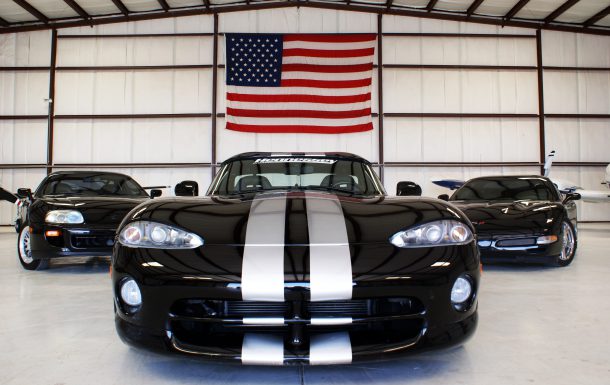


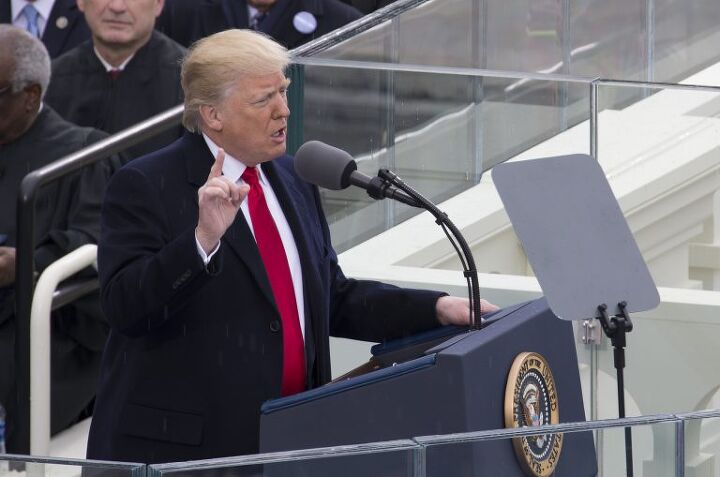
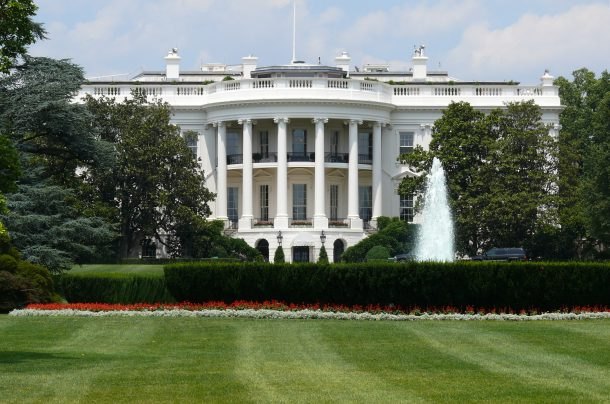


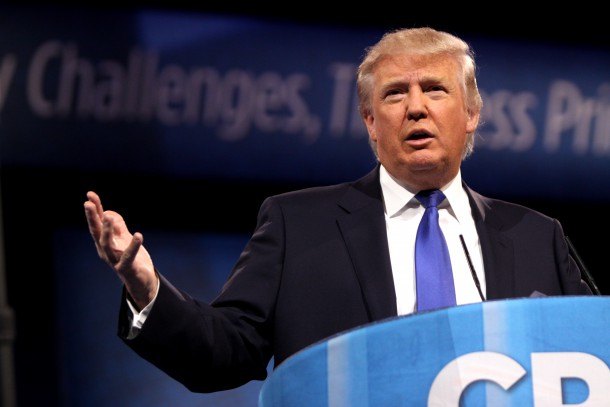

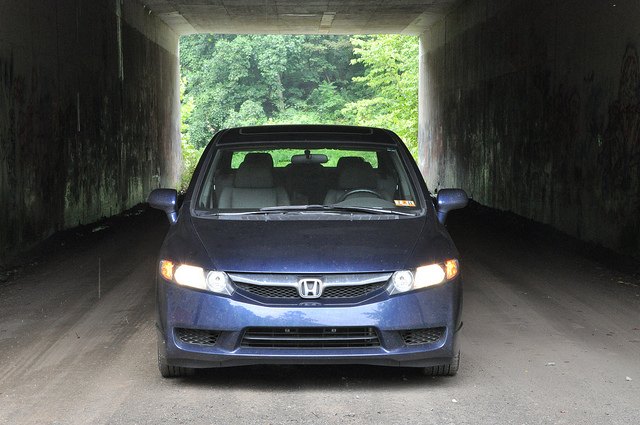
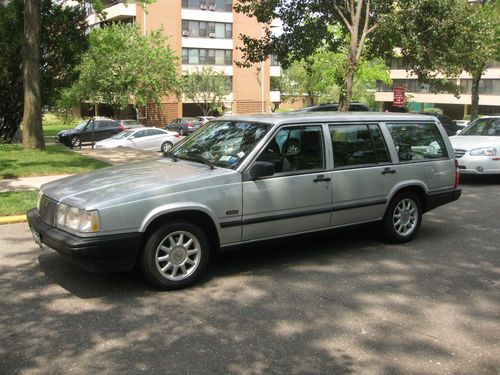












Recent Comments